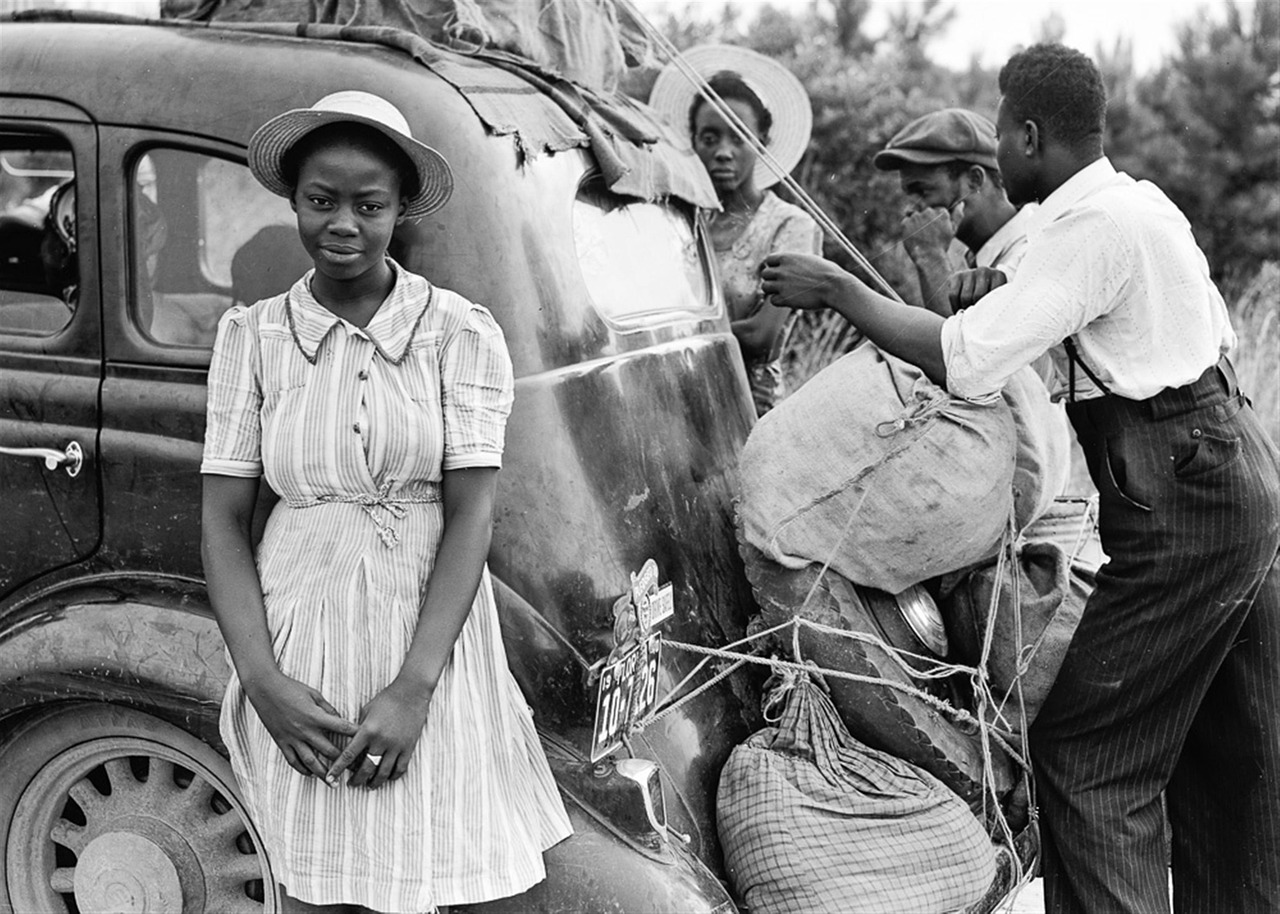Researching family history
In many parts of the world, people search for family history. Some people think that finding for the previous generations is a thing to do, but others think that it is better to focus on the present and future generations.
Discuss both views and show your opinion.
In recent decades, researching family history has become a global trend. While it can be beneficial to trace back one’s ancestors, I would argue that present and future generations should be given greater attention.
On the one hand, there are some good reasons why being aware of familial events is important. Firstly, a deep understanding of one’s origins and core values can foster a sense of belonging and pride among family members. Not only does this appreciation help people stay connected to their customs, it also motivates us to preserve long-standing traditions for future generations. Secondly, there is an inextricable connection between the past and the present. It is undeniable that once the wisdom of our forefathers has been thoroughly learned, it may be easier to avoid future obstacles and pitfalls.
On the other hand, I argue that present and future generations should be the primary focus of our attention. The first reason is that past events cannot, in any way, be altered, and dwelling on them may distract individuals from their future prospects. In fact, the actions of earlier generations may negatively affect our current lives, but it is more productive to learn from their mistakes and be aware that every mistake carries seeds of opportunity that can be harvested in the future. Another reason is that posterity is heavily dependent on our actions today. Future generations rely on our guidance, which can have a significant impact on them and many generations to come.
In conclusion, while studying one’s ancestors does have some benefits, I believe that focusing on subsequent generations can bring more favorable outcomes and therefore should be given the primary focus.
Essay Breakdown
Structure
Introduction
[1] In recent decades, researching family history has become a global trend. [2] While it can be beneficial to trace back one’s ancestors, I would argue that present and future generations should be given greater attention.
1. Paraphrase the topic, introducing the main idea
2. A clear opinion stating my personal viewpoint that present and future generations should be given greater attention
Body
Paragraph 1
[1] On the one hand, there are some good reasons why being aware of familial events is important. [2] Firstly, a deep understanding of one’s origins and core values can foster a sense of belonging and pride among family members. [3] Not only does this appreciation help people stay connected to their customs, it also motivates us to preserve long-standing traditions for future generations. [4] Secondly, there is an inextricable connection between the past and the present. [5] It is undeniable that once the wisdom of our forefathers has been thoroughly learned, it may be easier to avoid future obstacles and pitfalls.
1. A topic sentence showing the main idea – finding about family history is important
2. Introduce the first supporting idea: a sense of belonging and pride
3. Explain the first point
4. Introduce the second supporting idea: the connection between the past and the present
5. Explain the second point
Paragraph 2
[1] On the other hand, I argue that present and future generations should be the primary focus of our attention. [2] The first reason is that past events cannot, in any way, be altered, and dwelling on them may distract individuals from their future prospects. [3] In fact, the actions of earlier generations may negatively affect our current lives, but it is more productive to learn from their mistakes and be aware that every mistake carries seeds of opportunity that can be harvested in the future. [4] Another reason is that posterity is heavily dependent on our actions today. [5] Future generations rely on our guidance, which can have a significant impact on them and many generations to come.
1. A topic sentence showing the main idea – the primary focus should be on the present and future generations
2. Introduce the first supporting idea – past events cannot be altered
3. Develop the first supporting point
4. Introduce the second supporting idea – future generations are dependent on our actions today
5. Develop the second supporting point
Conclusion
[1] In conclusion, while studying one’s ancestors does have some benefits, I believe that focusing on subsequent generations can bring more favorable outcomes and therefore should be given the primary focus.
1. Restate my opinion: focusing on subsequent generations can bring more favourable outcomes
Vocabulary
In recent decades, researching family history has become a global trend. While it can be beneficial to trace back one’s ancestors, I would argue that present and future generations should be given greater attention.
On the one hand, there are some good reasons why being aware of familial events is important. Firstly, a deep understanding of one’s origins and core values can foster a sense of belonging and pride among family members. Not only does this appreciation help people stay connected to their customs, it also motivates us to preserve long-standing traditions for future generations. Secondly, there is an inextricable connection between the past and the present. It is undeniable that once the wisdom of our forefathers has been thoroughly learned, it may be easier to avoid future obstacles and pitfalls.
On the other hand, I argue that present and future generations should be the primary focus of our attention. The first reason is that past events cannot, in any way, be altered, and dwelling on them may distract individuals from their future prospects. In fact, the actions of earlier generations may negatively affect our current lives, but it is more productive to learn from their mistakes and be aware that every mistake carries seeds of opportunity that can be harvested in the future. Another reason is that posterity is heavily dependent on our actions today. Future generations rely on our guidance, which can have a significant impact on them and many generations to come.
In conclusion, while studying one’s ancestors does have some benefits, I believe that focusing on subsequent generations can bring more favorable outcomes and therefore should be given the primary focus.
- global trend: a widely recognized phenomenon happening around the world.
- trace back: to find the origin of something by following it step by step.
- present and future generations: current and future people.
- familial events: events related to one’s family.
- foster a sense of belonging: create a feeling of being part of something.
- core values: fundamental principles that guide actions and decisions.
- customs: traditional practices of a society or culture.
- preserve: keep something in its original state and prevent it from changing.
- long-standing traditions: deeply ingrained traditions that have existed for a long time.
- inextricable connection: an unbreakable link between two things.
- forefathers: ancestors or forebears.
- thoroughly learned: to have a complete understanding of something.
- future obstacles: problems or challenges that may arise in the future.
- primary focus: the main thing someone is paying attention to.
- past events: things that have happened in the past.
- dwelling on them: to think about something for a long time.
- negatively affect: to have a negative impact on something or someone.
- learn from their mistakes: to gain knowledge from past failures.
- seeds of opportunity: potential for something good to happen in the future.
- posterity: future generations.
- heavily dependent: to rely heavily on something or someone.
- guidance: advice or instructions to help make a decision.
- favourable outcomes: positive or desirable results.
Grammar Gems:
CONJUNCTION
“On the one hand, there are some good reasons why being aware of familial events is important. Firstly, a deep understanding of one’s origins and core values can foster a sense of belonging and pride among family members.”
This sentence uses the phrase “on the one hand” which is a conjunction used to present a contrasting idea. It’s a phrase used to introduce a counter argument or to show that there are two sides to the argument being presented.
Reading
Further reading about this topic can be found here:
https://www.nationalgeographic.com/travel/article/genealogy-heritage-travel-roots-tips
Listening
Further listening about this topic can be found here:


